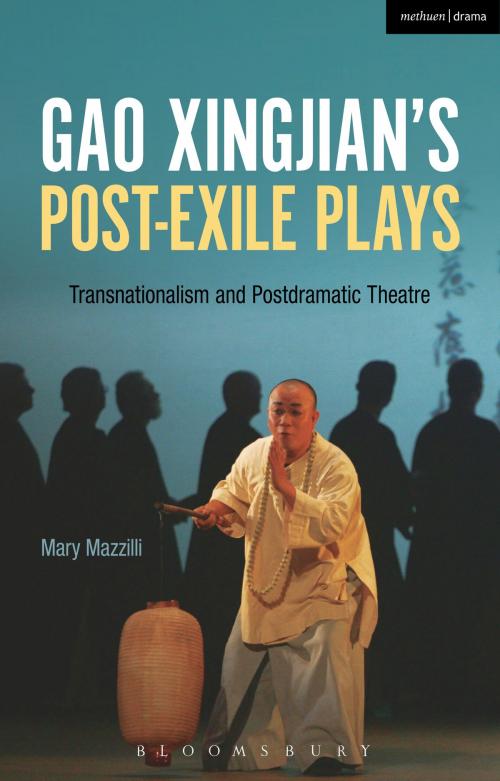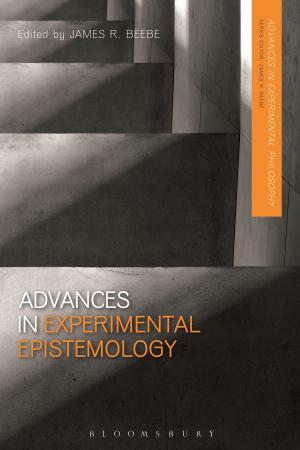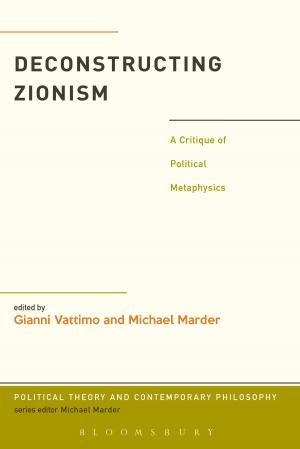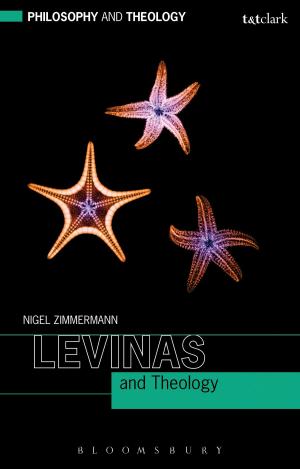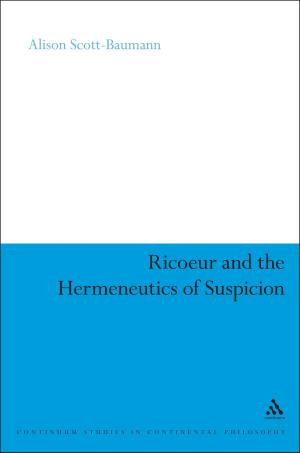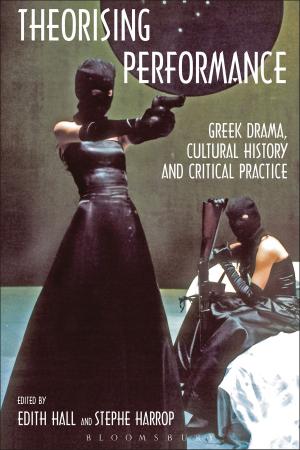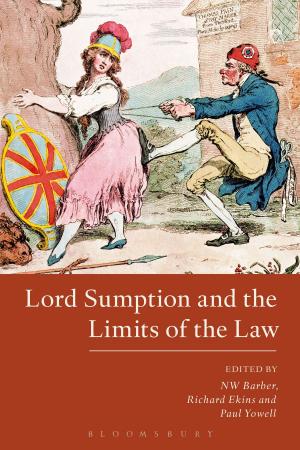Gao Xingjian’s Post-Exile Plays
Transnationalism and Postdramatic Theatre
Fiction & Literature, Literary Theory & Criticism, Asian, Far Eastern, Nonfiction, Entertainment, Performing Arts, Theatre, History & Criticism, Drama History & Criticism| Author: | Mary Mazzilli | ISBN: | 9781472591616 |
| Publisher: | Bloomsbury Publishing | Publication: | November 19, 2015 |
| Imprint: | Methuen Drama | Language: | English |
| Author: | Mary Mazzilli |
| ISBN: | 9781472591616 |
| Publisher: | Bloomsbury Publishing |
| Publication: | November 19, 2015 |
| Imprint: | Methuen Drama |
| Language: | English |
Awarded the Nobel Prize for Literature in 2000, Gao Xingjian is the first Chinese writer to be so lauded for his prose and plays. Since relocating to France in 1987, in a voluntary exile from China, he has assembled a body of dramatic work that has best been understood neither as expressly Chinese nor French, but as transnational.
In this comprehensive study of his post-exile plays, Mary Mazzilli explores Gao's plays as examples of postdramatic transnationalism: a transnational artistic and theatrical trend that is fluid, flexible and encompasses a variety of styles and influences. As such, this innovative interdisciplinary investigation offers fresh insights into contemporary theatre.
Whereas other publications have considered Gao's work as a cultural and artistic phenomenon, Gao Xingjian's Post-Exile Plays: Transnationalism and Postdramatic Theatre is the first study to relate his plays to postdramatic theatre and toprovide close textual and dramatic analysis that will help readers to better understand his complex work, and also to see it in the context of the work of contemporary playwrights such as Martin Crimp, Peter Handke, and Elfriede Jelinek.
Among the plays discussed are: The Other Shore, written just before he left China in 1987; Between Life and Death (1991) - compared in detail to Martin Crimp's Attempts on her life; Dialogue and Rebuttal (1992), and its relationship to Beckett's Happy Days; Nocturnal Wanderer (1993), Weekend Quartet (1995), and the latest plays Snow in August (1997), Death Collector (2000) and Ballade Nocturne (2010).
Awarded the Nobel Prize for Literature in 2000, Gao Xingjian is the first Chinese writer to be so lauded for his prose and plays. Since relocating to France in 1987, in a voluntary exile from China, he has assembled a body of dramatic work that has best been understood neither as expressly Chinese nor French, but as transnational.
In this comprehensive study of his post-exile plays, Mary Mazzilli explores Gao's plays as examples of postdramatic transnationalism: a transnational artistic and theatrical trend that is fluid, flexible and encompasses a variety of styles and influences. As such, this innovative interdisciplinary investigation offers fresh insights into contemporary theatre.
Whereas other publications have considered Gao's work as a cultural and artistic phenomenon, Gao Xingjian's Post-Exile Plays: Transnationalism and Postdramatic Theatre is the first study to relate his plays to postdramatic theatre and toprovide close textual and dramatic analysis that will help readers to better understand his complex work, and also to see it in the context of the work of contemporary playwrights such as Martin Crimp, Peter Handke, and Elfriede Jelinek.
Among the plays discussed are: The Other Shore, written just before he left China in 1987; Between Life and Death (1991) - compared in detail to Martin Crimp's Attempts on her life; Dialogue and Rebuttal (1992), and its relationship to Beckett's Happy Days; Nocturnal Wanderer (1993), Weekend Quartet (1995), and the latest plays Snow in August (1997), Death Collector (2000) and Ballade Nocturne (2010).
